Unfocused, unclear, blurry vision is a very common eyesight problem and, in most cases you have nothing to worry about it. If you have blurry eyes it could be a sign that your contacts or glasses are no longer good for your eyesight. Always check your doctor, when you start having blurriness, because you can’t know what is causing this. “Sight is such a valued sense, but there are still a lot of problems that fall through the cracks,” says Rajiv Shah, MD, assistant professor of ophthalmology at Wake Forest Baptist Medical Center. Here are some causes that can lead to blurriness.
Conjunctivitis
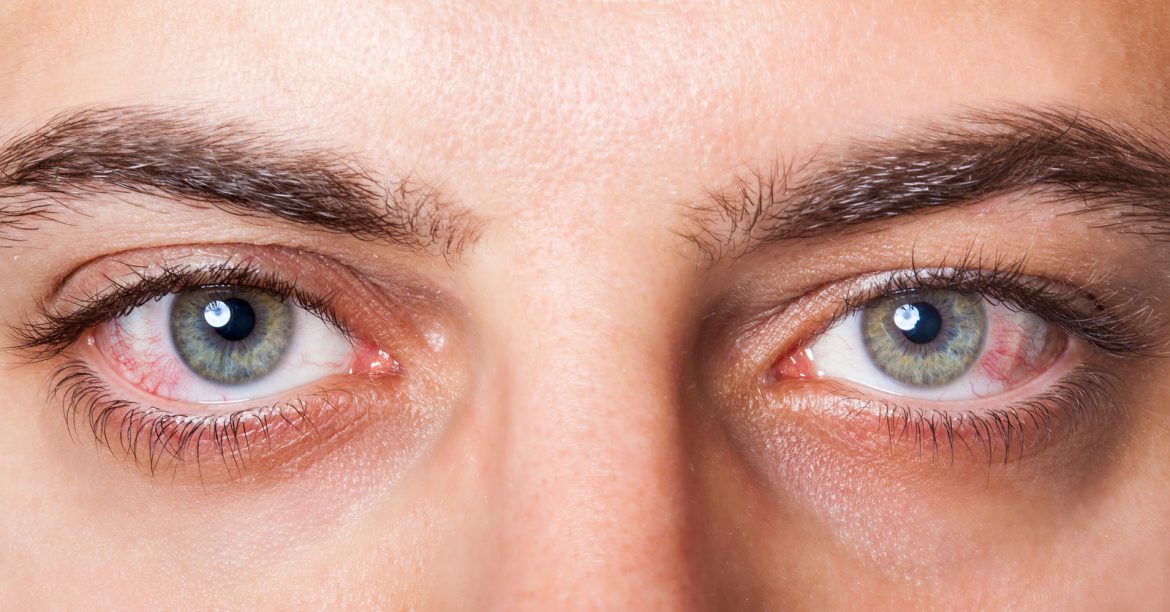
Conjunctivitis is caused by adenoviruses, that can cause bronchitis, sore throats and the common cold. Conjunctivitis or pink eye can spread very fast in some crowded places such as schools. “Virus particles on surfaces can stay alive for about two weeks,” says Kim Le, MD, a pediatric ophthalmologist with the Henry Ford Health System in Detroit. Without treatment conjunctivitis goes away in a few weeks, but if you have severe symptoms you must go to your doctor.
Contacts in
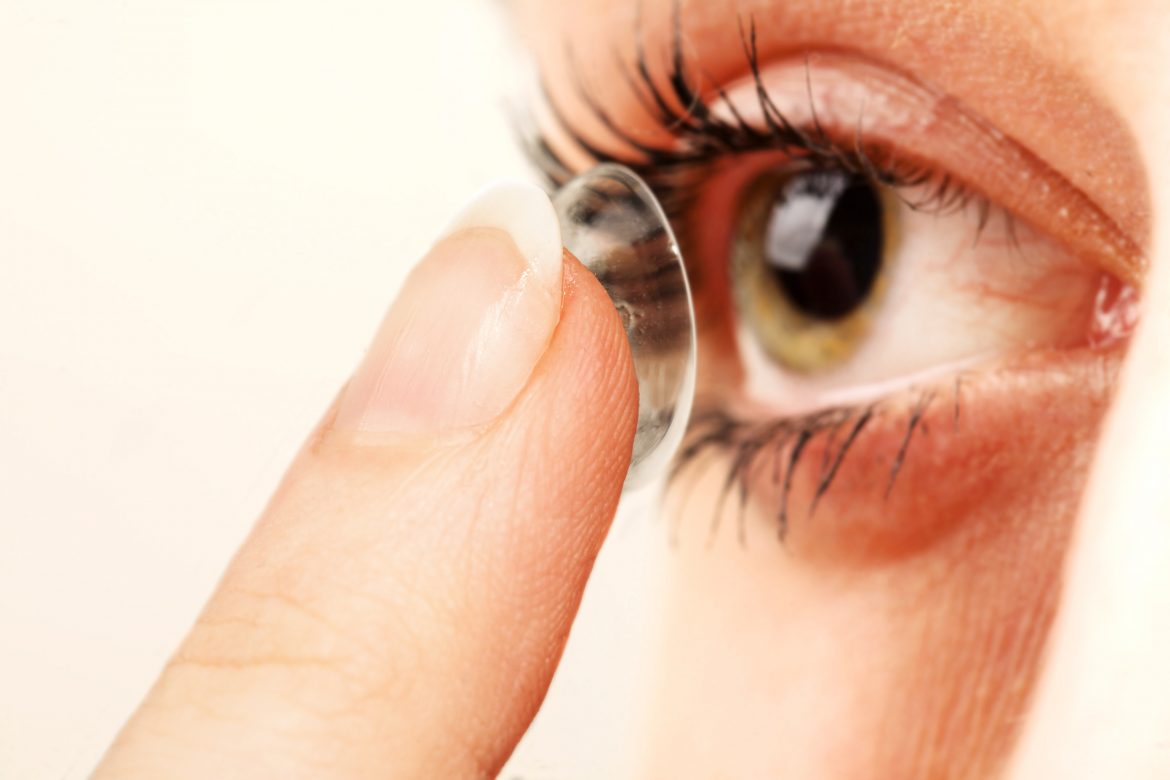
Don’t sleep with your contacts in! If you use them properly, you will not have any problems, but if you sleep with your contacts in, they can cause sight-robbing infections. When you are blinking, your contacts lenses are moving, and they create scratches on your eyes. Sleeping with your contacts in, Dr. Le says, “is a perfect petri dish to grow those organisms and cause corneal ulcers,” open sores on the cornea that can blur vision. “Always, always take [contact lenses] out at night,” adds Dr. Shah, or toss disposable lenses at the end of the day.
Infection
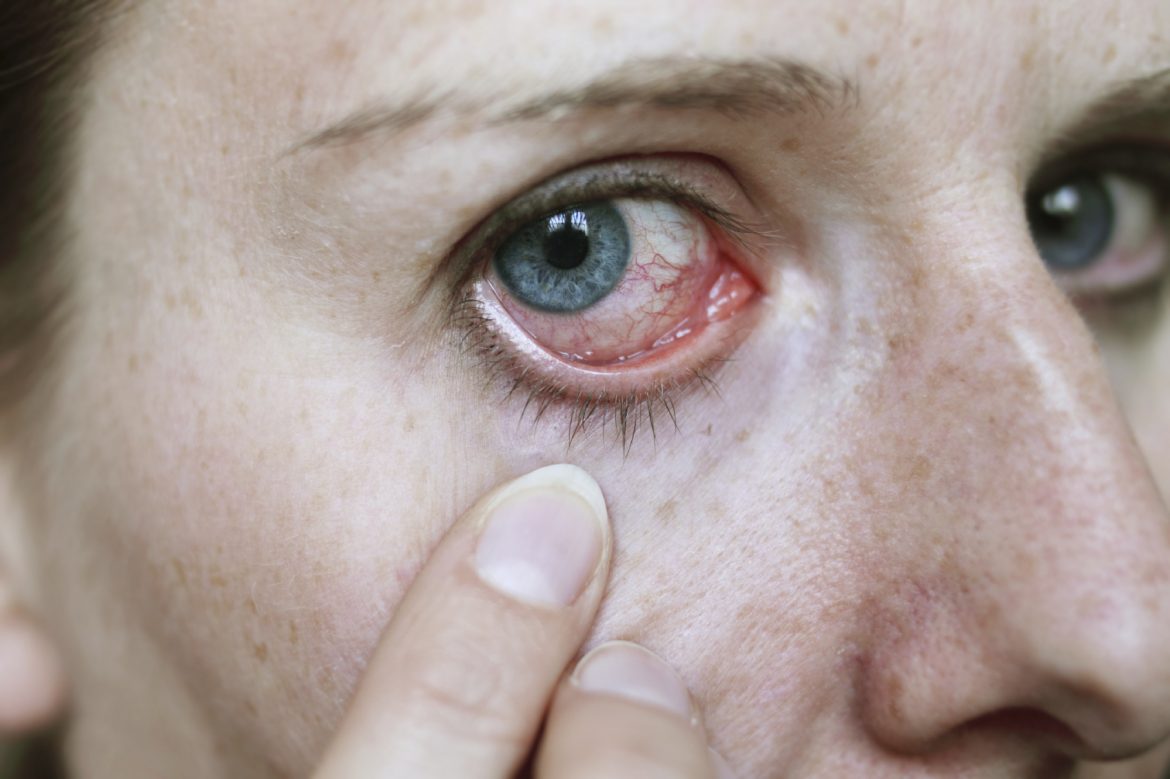
Eye infections aren’t caused just by your contact lenses. They can also be caused by the herpes virus. You can get the herpes keratitis infection if you have a cold sore on your lips and you touch it before you have touched your eyes. Fortunately, your cornea has antibodies and fights with every type of infection, but is better to prevent than to treat. “The cornea is an amazing structure,” says Bibiana Reiser, MD, assistant professor of ophthalmology at the Keck School of Medicine, University of Southern California and director of cornea and glaucoma services at Children’s Hospital of Los Angeles. “It has a lot of [antibodies] that kill things directly on contact.”
Cataracts
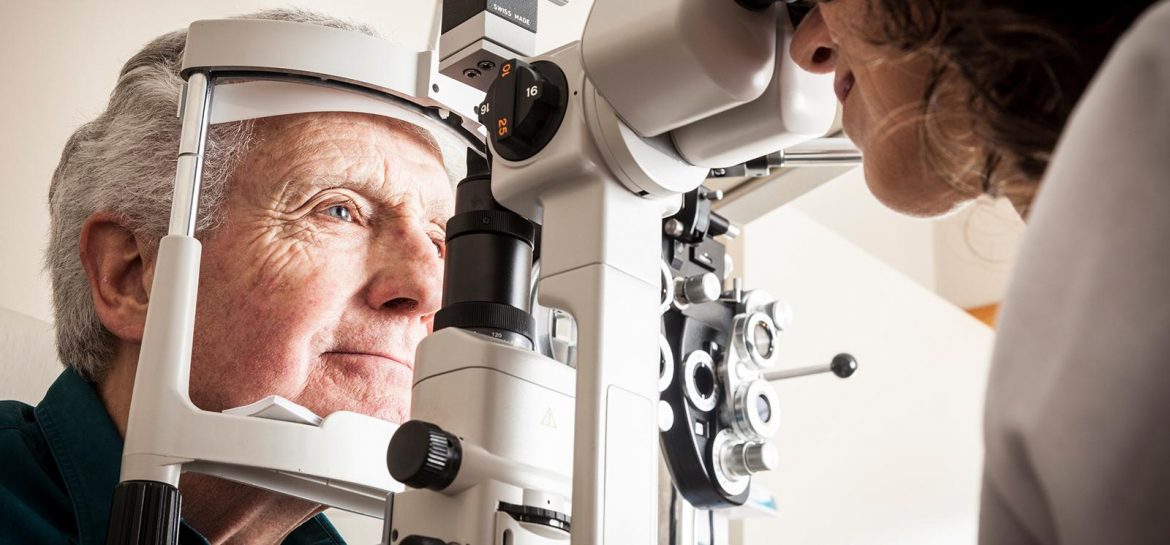
Aging comes with a lot of problems and one of those problems can be cataracts. Almost half of Americans have cataracts by age 75. Cataracts is when the lenses of your eyes become blurry and they block the light for your retina. This eye problem isn’t painful, but in some cases, they can grow, and they can damage your eyesight. When it comes to this, cataracts are treated with surgery. “That is one of the most successful surgeries in all of medicine,” Dr. Shah says.
Glaucoma
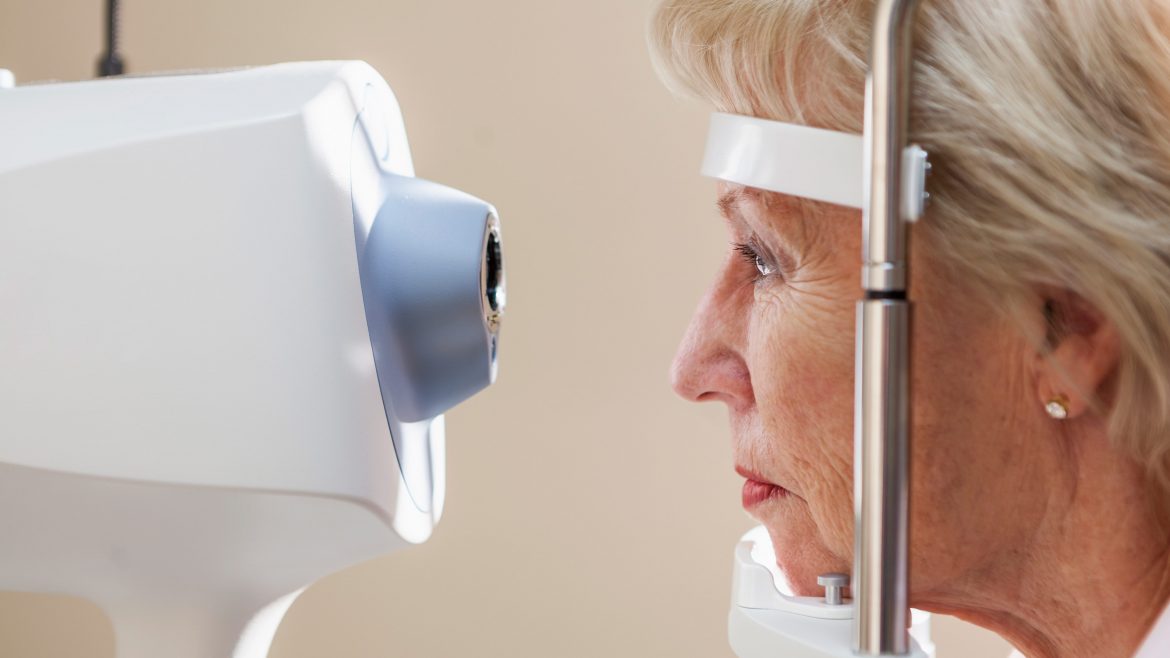
Glaucoma can damage the optic nerve, because of the extra pressure in the eye. Glaucoma is slow to develop, and it comes with aging, just like cataracts. “Patients with glaucoma don’t even know it because the vision loss happens over decades,” Dr. Shah says. “There’s really no way to suspect other than regular eye evaluations.” There are a lot of treatments when you have a diagnosis such are prescription medications, surgery or laser treatment.

























